 Animals
Animals  Animals
Animals  Facts
Facts Ten Unexpectedly Fascinating Facts About Rain
 Crime
Crime 10 Dark Details of Australia’s Gruesome Unsolved Wanda Murders
 Humans
Humans 10 Unsung Figures Behind Some of History’s Most Famous Journeys
 Animals
Animals 10 Species That Refused to Go Extinct
 Weird Stuff
Weird Stuff 10 Weird Things People Used to Do at New Year’s
 Our World
Our World 10 Archaeological Discoveries of 2025 That Refined History
 Weird Stuff
Weird Stuff 10 Fascinating Facts You Might Not Know About Snow
 Miscellaneous
Miscellaneous Top 10 Things Crypto Was Supposed to Change & What Actually Did
 History
History 10 Huge Historical Events That Happened on Christmas Eve
 Animals
Animals 10 Strange Times When Species Evolved Backward
 Facts
Facts Ten Unexpectedly Fascinating Facts About Rain
 Crime
Crime 10 Dark Details of Australia’s Gruesome Unsolved Wanda Murders
Who's Behind Listverse?

Jamie Frater
Head Editor
Jamie founded Listverse due to an insatiable desire to share fascinating, obscure, and bizarre facts. He has been a guest speaker on numerous national radio and television stations and is a five time published author.
More About Us Humans
Humans 10 Unsung Figures Behind Some of History’s Most Famous Journeys
 Animals
Animals 10 Species That Refused to Go Extinct
 Weird Stuff
Weird Stuff 10 Weird Things People Used to Do at New Year’s
 Our World
Our World 10 Archaeological Discoveries of 2025 That Refined History
 Weird Stuff
Weird Stuff 10 Fascinating Facts You Might Not Know About Snow
 Miscellaneous
Miscellaneous Top 10 Things Crypto Was Supposed to Change & What Actually Did
 History
History 10 Huge Historical Events That Happened on Christmas Eve
10 Superstitions People Actually Believe Are Real Facts
Superstitions pop up in every culture around the world, giving us ways to make sense of random events and feel like we have some control over our fate. While most of us know these beliefs are just folklore, it’s pretty fascinating how some superstitions have become so embedded in our cultural consciousness that people genuinely mistake them for facts.
From weird taboos to avoided actions, these beliefs can shape our behavior in surprising ways. Many folks don’t even realize they’re buying into superstitious thinking when they follow these practices. What’s really interesting is how these beliefs cross cultural boundaries and stick around despite all our scientific knowledge. How many of these superstitions do you believe in?
Related: 10 Death Superstitions That Will Give You the Creeps
10 Chewing Gum Turns to Dead Flesh At Night
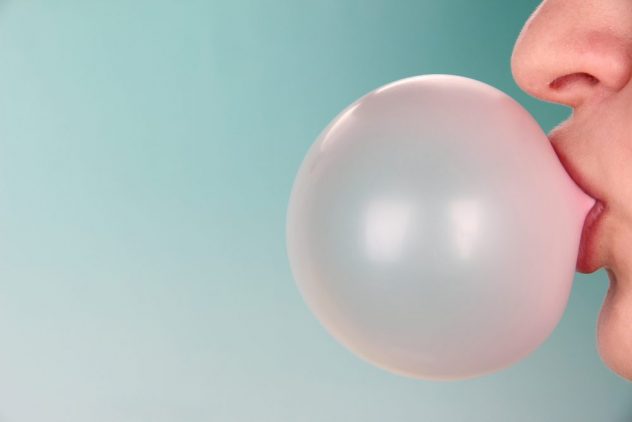
In Turkey, parents love telling kids not to chew gum after dark because it supposedly transforms into dead people’s flesh. Weird, right? Nobody’s quite sure where this bizarre claim started, but it’s spread well beyond Turkey, with many folks genuinely thinking there’s some factual basis to it—maybe something about nighttime digestion or dental health. Of course, your body processes gum exactly the same way regardless of when you chew it, making this a particularly strange case of superstition masquerading as health advice.
9 Sleeping With A Fan On Will Kill You

Ask anyone in South Korea about sleeping with a fan running in a closed room, and many will tell you with complete certainty that it can kill you. This belief is so widespread that most electric fans sold there come with automatic timers to shut them off. Some Koreans treat this as solid medical fact, with theories ranging from fans causing hypothermia to somehow depleting oxygen in sealed rooms. Despite scientists repeatedly debunking this, Korean media still reports on “fan deaths” as if they’re real, and the belief has even spread to neighboring countries where people swear it’s scientific reality and not just cultural superstition.
8 Number Four Causes Death
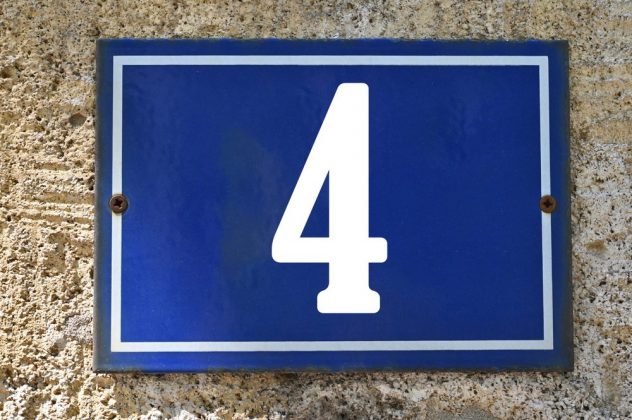
In China and several other East Asian countries, the number four isn’t just considered unlucky—many people honestly believe it can affect death rates. This comes from the fact that saying “four” in Mandarin or Cantonese sounds almost exactly like the word for “death.” The belief is so powerful that hospitals often skip the 4th floor entirely, manufacturers avoid products with the number four, and some folks pay extra for phone numbers without any fours. Get this—studies have shown that heart attack deaths among Chinese and Japanese Americans actually spike on the 4th day of each month, suggesting this superstition creates real psychological stress that people treat as medical reality.
7 Sight Lines Between Mirrors Create Demonic Portals
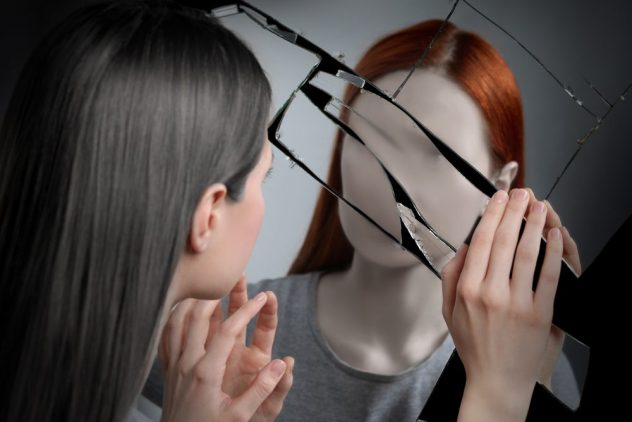
Ever heard that placing two mirrors facing each other creates a gateway for evil spirits? In Mexican tradition, this setup supposedly rolls out the welcome mat for the devil to stroll right into your home. This isn’t just old-school folklore—the belief has seriously influenced modern interior design, with some people flat-out refusing certain mirror arrangements, talking about “energy fields” or “spiritual science” instead of admitting it’s just superstition. Some swear they’ve spotted supernatural occurrences through these “portals,” turning what’s essentially a spooky story into something many treat as paranormal fact.
6 Sweeping On New Year’s Day Can Lead Loss Of Good Fortune
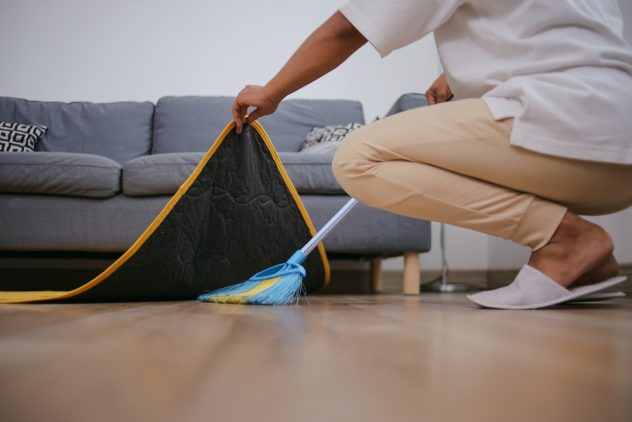
In Vietnam and a lot of other Asian countries, you won’t find people cleaning their floor or doing any chores on Lunar New Year. Any sweeping could wipe away your good fortune and the fortune of your family.
5 Birthday Wishes Require Candle Protocol
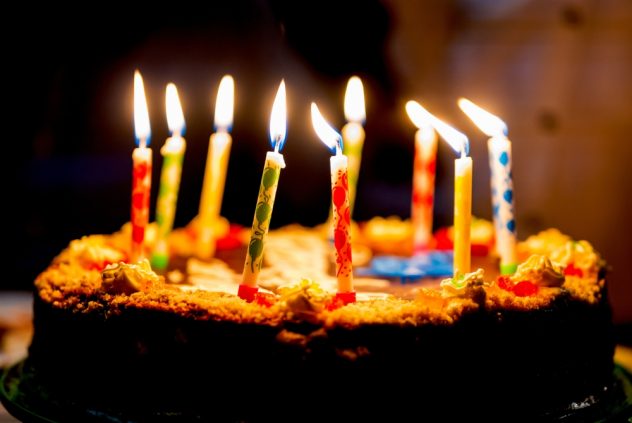
Come on, we’ve all done it—made a wish while blowing out birthday candles. But did you know around 28 percent of Americans genuinely believe this ritual affects whether your wish comes true? Many folks follow the “rules” with dead seriousness: You must make the wish while blowing out all candles in one breath, and telling anyone your wish totally kills its power. This isn’t treated as just a fun tradition but as an actual metaphysical system with real consequences. The belief crosses age and education levels, with plenty of grown adults carefully following these candle protocols with genuine conviction.
4 Writing Names In Red Ink Shortens Life

Try writing someone’s name in red ink in South Korea and watch how quickly they freak out. Many Koreans aren’t just being superstitious—they honestly believe it shortens their lifespan. This belief comes from old funeral customs where the names of the dead were written in red. But it’s evolved way beyond superstition into what many treat as social fact, with businesses and schools actually enforcing rules against using red ink for names on documents. Some South Koreans report feeling real anxiety or physical discomfort when seeing their names in red, convinced it creates actual consequences for their health.
3 Itchy Palms Predict Financial Changes
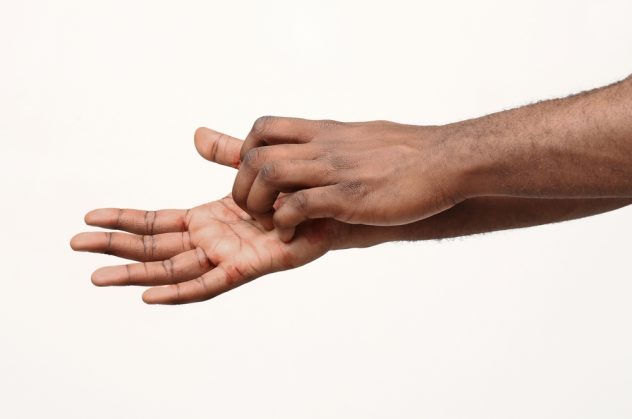
Got an itchy left palm? Better watch your wallet! An itchy right palm? Money might be coming your way! This belief spans multiple cultures, from Caribbean to Turkish traditions, and many folks treat it as a legitimate financial forecasting system rather than just an old wives’ tale. Some people honestly make money decisions based on palm itchiness, which is pretty wild when you think about it. What’s fascinating is how normalized this superstition has become—you’ll hear perfectly rational people say things like “my right palm is itchy, I must be getting paid soon” as if it’s a proven fact instead of pure coincidence.
2 Nighttime Nail Trimming Shortens Parents’ Lives
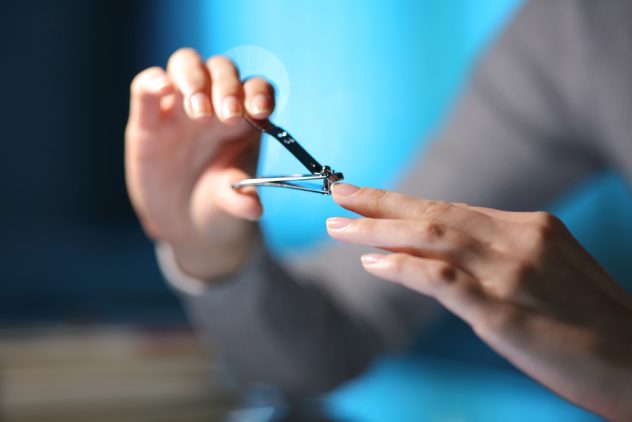
In several Asian countries, cutting your nails after the sun goes down isn’t just bad luck—many genuinely believe it directly chips away at your parents’ lifespan. This isn’t seen as symbolic; people actually think there’s a cause-and-effect relationship between evening manicures and mom and dad’s mortality. The belief probably started for practical reasons (poor lighting could lead to injuries before electricity), but it’s morphed into what many consider biological fact. Some believers even cook up pseudo-scientific explanations about energy flows or body rhythms to justify what remains, at its core, pure superstition.
1 Opals Bring Misfortune Unless They’re Your Birthstone
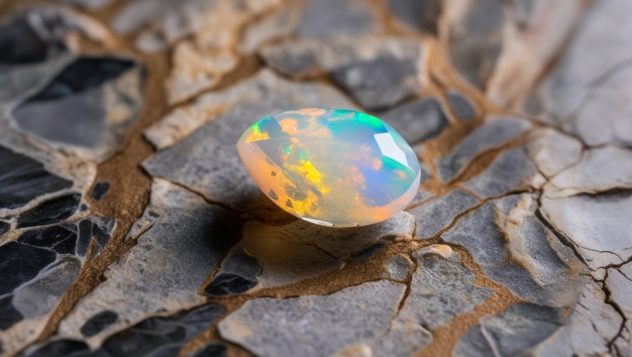
Not born in October? Then you’d better steer clear of opals, unless you want a heap of bad luck! This belief has been messing with the gemstone market for centuries, with people genuinely avoiding buying or wearing opals unless it’s their birthstone. The superstition got a major boost after Sir Walter Scott’s novel Anne of Geierstein, where an opal brings disaster to its owner. Another theory is that the diamond dealer De Beers spread the rumor that opals were unlucky to help protect the precious stone market share. The belief became so widespread that it nearly tanked the European opal market in the 19th century. Even today, jewelers report customers treating this superstition as gemological gospel, with some refusing to even touch opals if they were born in any month but October.








